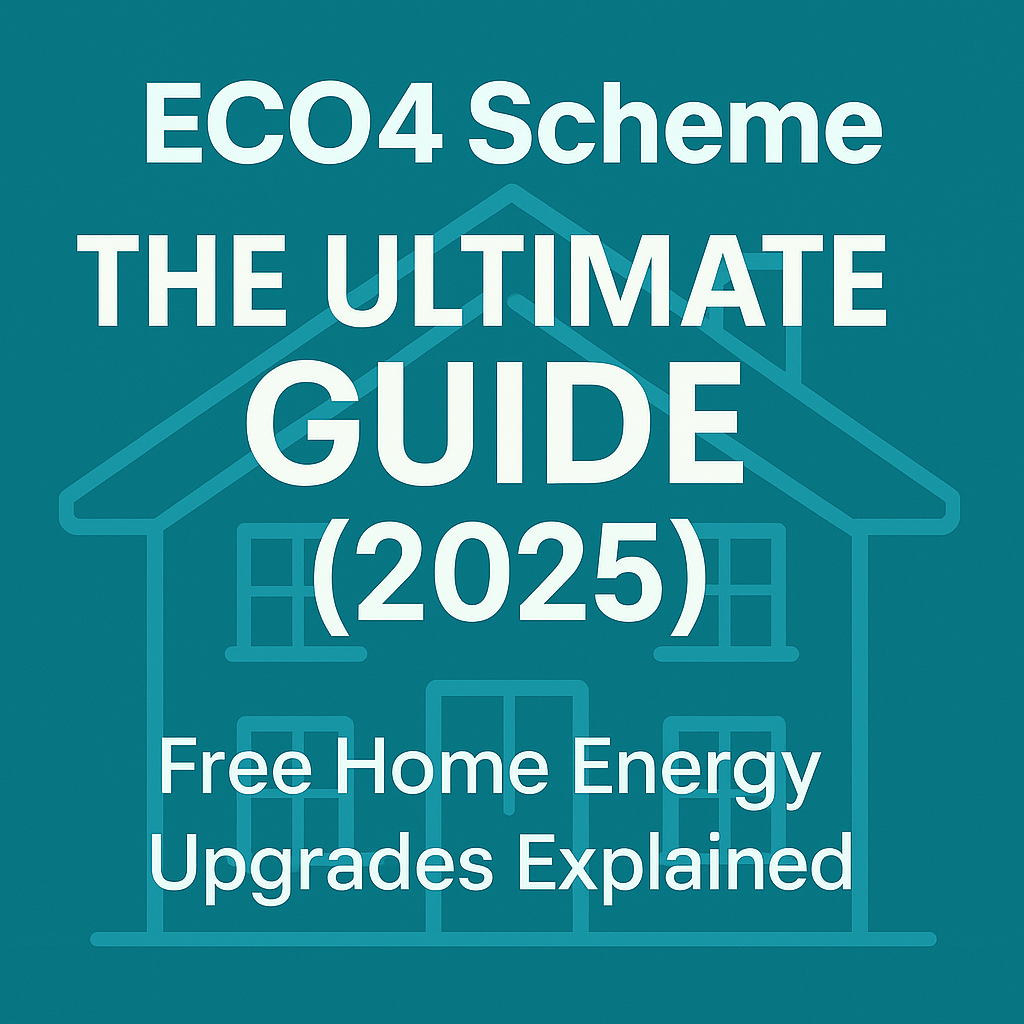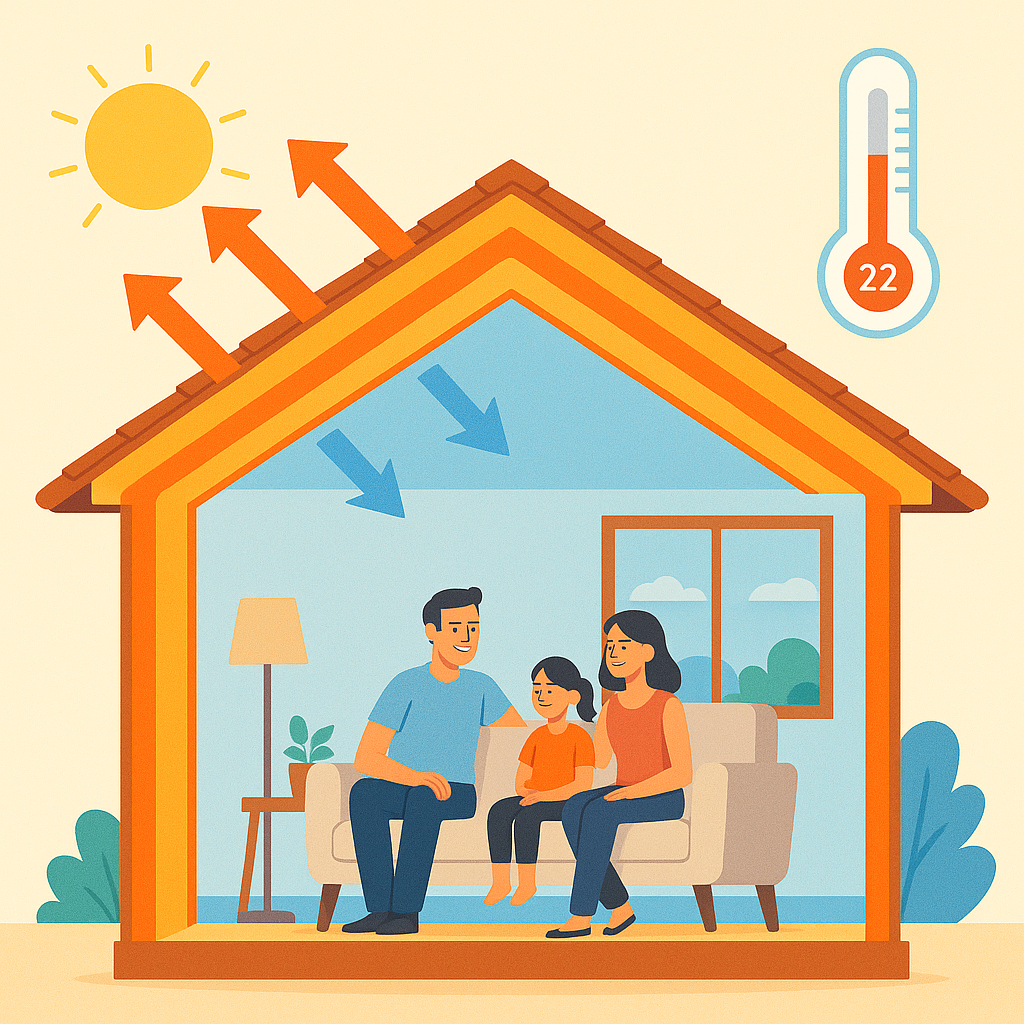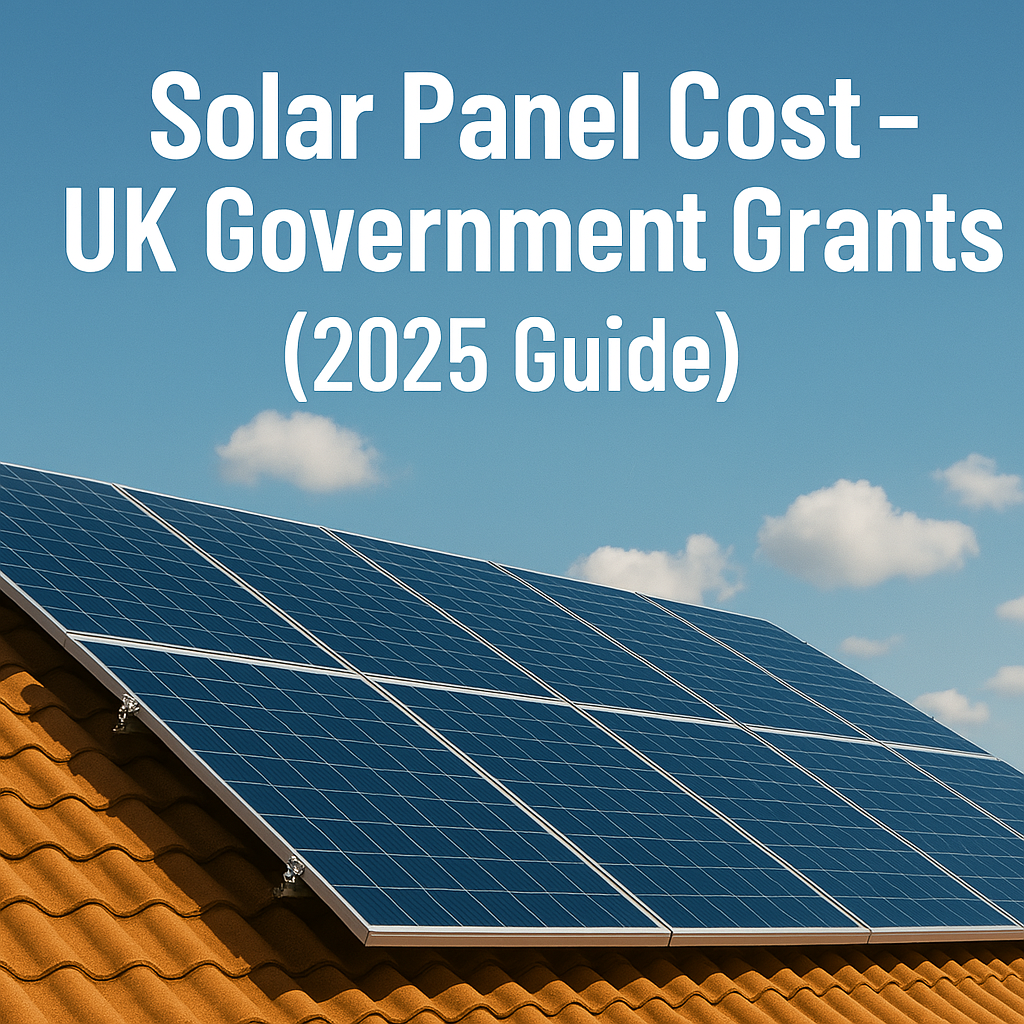Updated: May 13, 2022
Previously known as ECO3, The Energy Compliance Obligation (ECO) entered its next iteration (ECO4) in March 2022 and is scheduled to run through until 2026. At this moment in time, the Government is consulting on what the next stage of energy compliance will be and how ECO4 will differ from its predecessor. In this article, we aim to take a closer look at the key updated proposals being made to the grant, highlighting some of the important new thresholds and their unique rules of eligibility.

What Is The Energy Compliance Obligation?
A Government scheme set up to help low-income households struggling with their energy bills, The Energy Compliance Obligation, (ECO), is equally instructed to ensure energy companies reduce their carbon emissions and help meet UK carbon emission reduction targets. Launched in 2013, the ECO is now onto its fourth phase, with the ECO3 scheme has been an overwhelming success.
What Was ECO3?
Launched in December 2018, ECO3 is the current phase of the Energy Compliance Obligation scheme, a Government initiative put in place to tackle the fuel poverty crisis and reduce carbon emissions across Great Britain. It’s designed to help low-income, vulnerable or fuel-poor households with their energy bills by providing access to funding for an upgraded heating system. Under the ECO3 scheme, both medium and large energy suppliers are expected to fund the installation of energy-efficient systems in all British homes that meet the required standard.
What Is ECO4?
The fourth and expected final stage of The Energy Compliance Obligation scheme, known as ECO4, is to begin on April 1st 2022 and run through till March 31st 2026. At this stage, the Government are finalising plans for the final stage of the ECO scheme, with a number of changes expected to be made. However, there are certain proposed changes we believe may come into effect and they are outlined below.
Some people worry about ECO4 being a scam but this is completely untrue. Read our article here if you have any concerns about this government backed scheme.
Qualifying For ECO4
As suggested, there have been several changes to the Energy Compliance Obligation scheme under the new ruling. It’s important to remember that you will only be able to qualify for ECO4 if you are in receipt of one or more of the following benefits:
● Universal Credit
● Child Tax Credit/Work Tax Credit (CTC/WTC)
● Pension Credit Guarantee Credit
● Income-Based Job Seekers Allowance (JSA)
● Income Related Employment and Support Allowance (ESA)
● Income Support (IS)
● Housing Benefit
● Pension Credit Savings Credit
This differs quite heavily from the previous ECOS benefit ruling, with the following benefits no longer eligible for consideration:
● Disability Living Allowance (DLA)
● Personal Independence Payment (PIP)
● Attendance Allowance
● Carer’s Allowance
● Severe Disablement Allowance
● Industrial Injuries Disablement Benefit
● War Pensions Mobility Supplement
● Constant Attendance Allowance
● Armed Forces Independence Payment
However, despite this, if you are unable to qualify for any of the above benefits you may still be able to qualify by:
● Being Over 65
● Being In A Low Income Household
● Have A Child Under The Age Of 5
● Have A Serious Illness
● Being In Receipt Of Child Benefits
Child Benefit
Under the new ECO4 ruling, there have been changes to the child benefit income thresholds. Below are the new Child Benefit allowances for single parents:
● One Parent & One Child – £19,800
● One Parent & Two Children – £24,600
● One Parent & Three Children – £29,400
● One Parent & Four Children Or More – £34,200
Below are the new Child Benefit allowances for couples:
● Couple & One Child – £27,300
● Couple & Two Children – £32,100
● Couple & Three Children – £36,900
● Couple & Four Children Or More – £41,700
Universal Credit & Housing Benefit
ECO4 intends to allow for the inclusion of additional Department Of Work And Pensions (DWP) benefits for low-income households to have access to ECO4 regardless of whether they already claim benefits under Universal Credit (UC). This means that under ECO4, any recipients of housing benefit who have not already moved across to Universal Credit will also be included, with Pension Credit Savings Credit recipients also extended the same support.
ECO4 intends to remove some benefits under the ECO3 scheme to better identify households that are more likely to be on low incomes. Currently, around one million households are checked for eligibility without having to show any form of documentation, ECO4 aims to dramatically reduce this number.
Warm Home Discount
Much like Universal Credit, ECO4 aims to include households in receipt of the Warm Home Discount (WHD), providing their homes meet an Energy Performance Certificate band of D, E, F or G as well as any ECO4 tenure requirements.
Energy Performance Certificate (EPC)
When selling or renting a property in the UK, owners must ensure the property has an Energy Performance Certificate (EPC). An EPC is vital in measuring your property’s energy efficiency and provides a clear indication of the potential energy use, heating and hot water bills. One of the primary objectives of the ECO4 scheme is to improve as many fuel poor homes as possible and ensure they reach an EPC band of Grade C or higher by 2030, so it’s essential you meet the agreed standards by improving your home’s efficiency levels. Fortunately, there are several ways in which you can improve your energy efficiency at home, and here, we take a closer look:
Loft Insulation
A quick and simple method to instantly improve your property’s EPC rating is by installing fresh loft insulation, or, at the very least, ensuring it’s at least 270mm in thickness. Loft insulation with a density of 270mm or more will reduce the amount of heat able to escape through your roofing, which would contribute heavily to energy inefficiency.
Cavity Wall Insulation
Only suitable for properties that have been built with a gap between the two layers of brick, cavity wall insulation is an ideal solution for these specific properties. Insulation foam is blown into the gap from the outside of your property through drilled holes in the wall, which are then later filled to match up with your brickwork. Cavity wall insulation is relatively inexpensive and can be carried out by a specialist in less than a day.
Solid Wall Insulation
In contrast to cavity wall insulation, solid wall insulation is usually only applied to properties with solid 9-inch brick walls, without a cavity or gap that can then be insulated with speed and ease. The insulation is instead applied directly to the brick walls, either internally or externally, thus improving the thermal efficiency. Solid wall insulation is typically quite costly but is often highly effective.
Boiler Replacement
Replacing an old, inefficient boiler is one of the quickest and most effective ways of dramatically improving your EPC rating. An old, dysfunctional boiler impacts heavily upon your energy efficiency levels, so by replacing it you’ll make major adjustments to your energy consumption and heating bills. However, boiler replacement won’t come cheap, so remember to factor that in when making your decisions.
Double Glazing
Although not necessarily having the same positive energy efficiency impact as loft or cavity wall insulation, installing double glazing on your windows will still make a significant difference to your energy consumption. Energy is often wasted from single glazed windows as heat and cold air makes their way through the single layer of glazing with ease, so by installing double glazed windows, you’ll ultimately improve your overall EPC rating.
UK Energy Management – Energy Efficient Installations Across Great Britain
With the Energy Company Obligation (ECO) Scheme, you could be eligible for heating upgrades such as replacement gas boilers or replacement electric heating from a reliable energy supplier. Launched in 2013, the scheme is at the time of writing currently available with an ECO4 extension which is now live and accessible for customers in receipt of a qualifying benefit including those meeting the set criteria for a new boiler or insulation improvements. If you have any more questions regarding the new ECO4 scheme, please visit our FAQ page.
At UK Energy Management (NE) Ltd, you are in safe hands. We have Free Storage Heating Grants from utility companies to assist low income and vulnerable households whether you’re living in a privately rented or owned property across the UK. Our professional team is on hand to manage your council heating grants so your home is energy efficient all year round. Contact us today.



